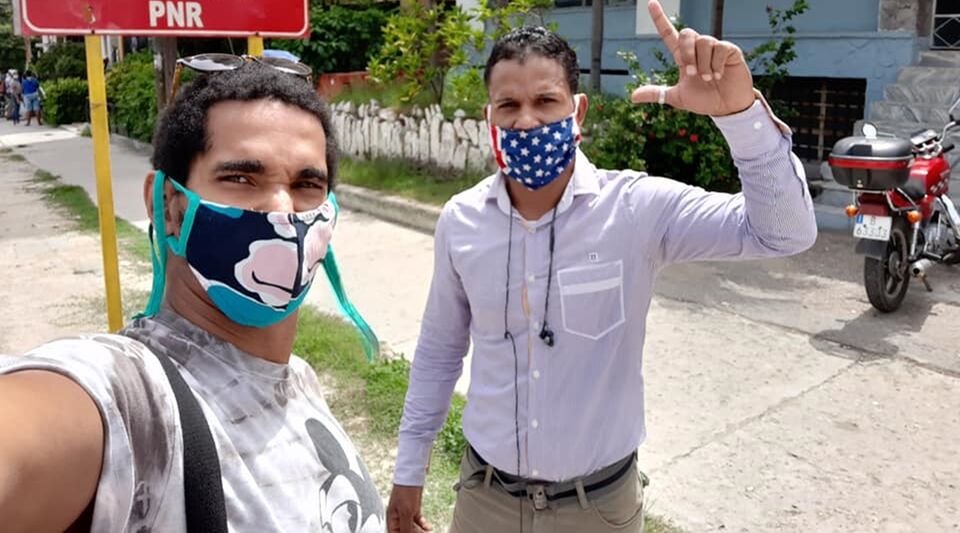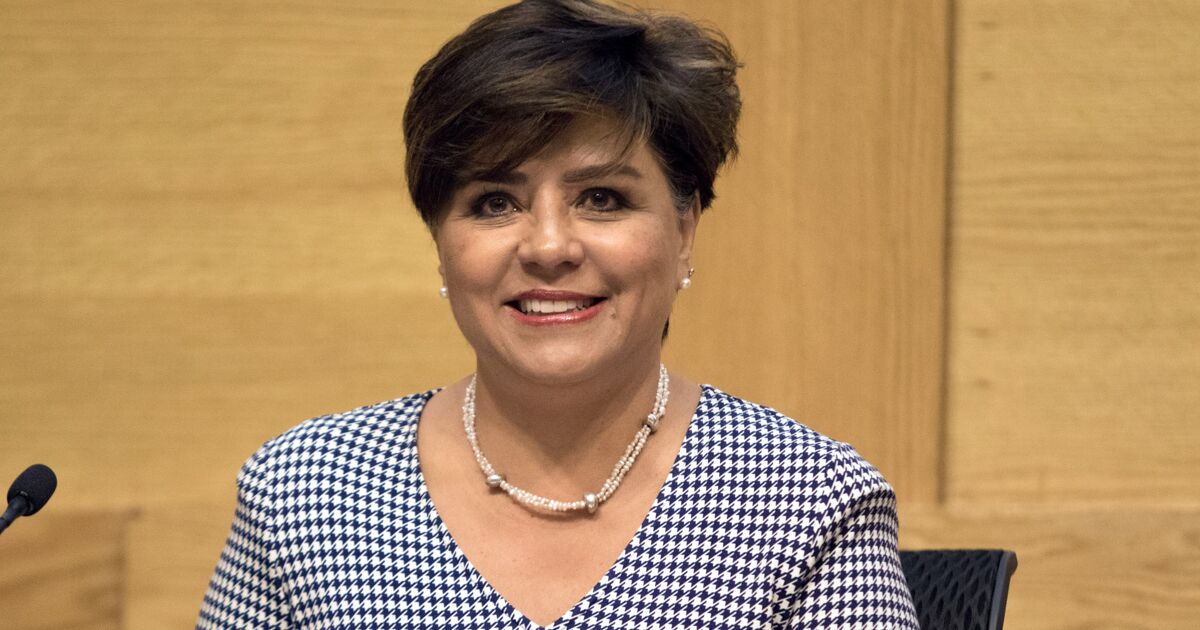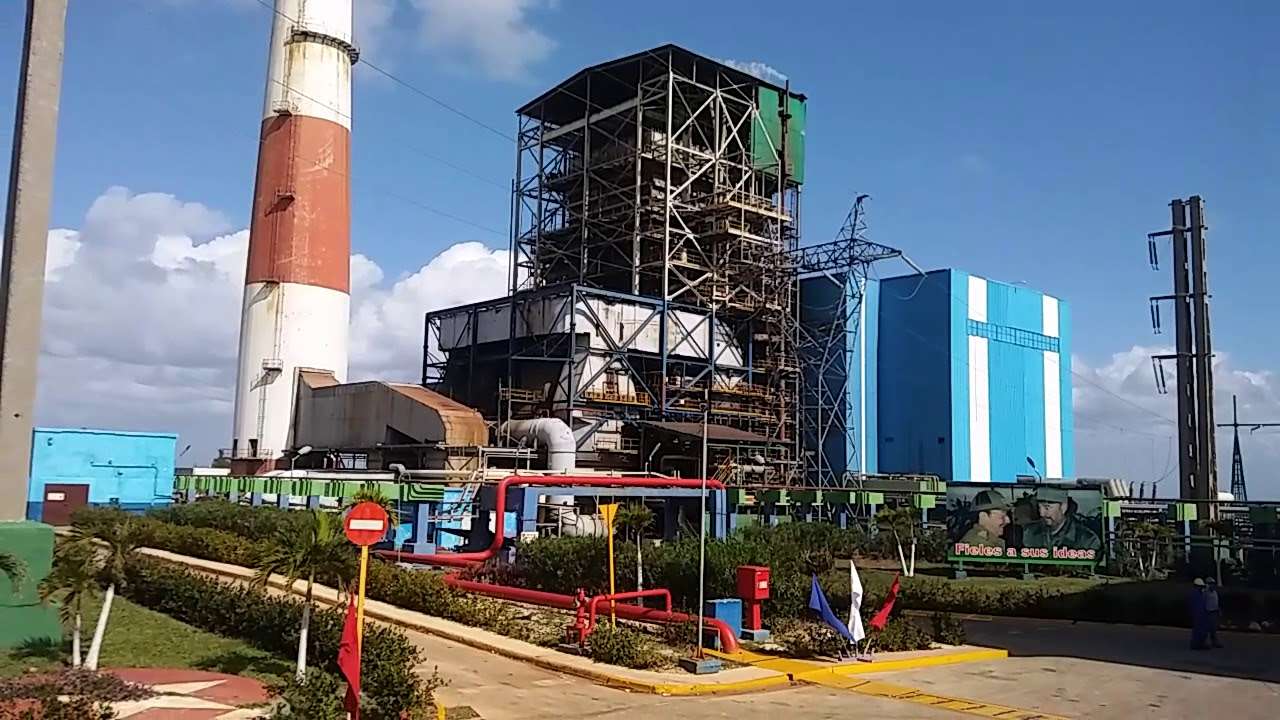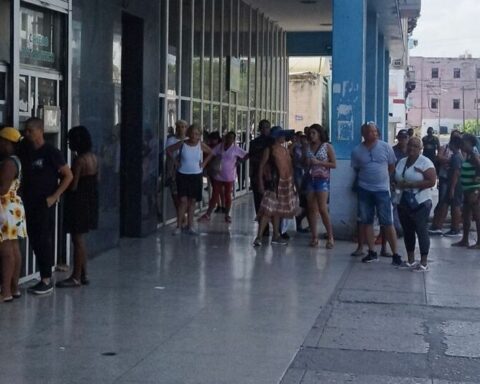Only four days before the start of the trial against Luis Manuel Otero Alcántara and Maykel Castillo osorbthe international human rights organizations Amnesty International (AI) and Human Rights Watch (HRW) have made public a joint statement in which, in addition to once again demanding the release of both artists, they condemn the practice of exile used by the Cuban regime to get rid of opponents, a tactic that the two activists have rejected but that many others were forced to accept.
“No one should be forced to choose between leaving their own country or facing abusive criminal charges for which they should never have been prosecuted or imprisoned,” the two organizations reproach. In the text, they explain that they were aware of the offer made by the Cuban authorities to Otero Alcántara and Osorbo to be released and that the former publicly rejected it, while in the case of they have withdrawn. “This is a practice that the Cuban government has carried out historically and with other critics in recent months and that violates the human right of every person to enter their country of origin,” they say.
“This is a practice that the Cuban government has carried out historically and with other critics in recent months and that violates the human right of every person to enter their country of origin”
Tamara Taraciuk Broner, acting director for the Americas at Human Rights Watch, said that both artists “are being prosecuted for exercising their human right to criticize their own government” and has demanded that the countries of the continent not profile themselves before a situation like this. “Latin American governments should not remain silent when artists are threatened with prison sentences, a display of extreme intolerance typical of the brutal dictatorships that ruled the region in the past.”
For her part, Amnesty International’s representative for the region, Erika Guevara-Rosas, demanded that, if the trial goes ahead, as they take for granted, the governments of Latin America and Europe can closely follow the process “against these prisoners of Cuban conscience, who should never have spent a day in prison”. “In a country where more than 700 people, including some under the age of 18, are imprisoned simply for expressing themselves, it is of the utmost importance that these trials are subject to international scrutiny,” she added.
The organizations recall that these cases are the tip of an iceberg and that their judicial process is only “part of a much broader pattern of systematic abuses against Cuban artists and other critics of the government and protesters in the country. In recent years, the Cuban authorities have imprisoned, criminally persecuted and forced into exile dozens of Cuban artists, including those of the San Isidro Movement and 27N, which bring together artists, intellectuals and critical journalists”.
The trial against Luis Manuel Otero Alcántara and Maykel Castillo begins next Monday the 30th in Marianao, Havana. The Cuban Prosecutor’s Office requests seven years in prison for the first for aggravated contempt, public disorder and instigation to commit a crime, and ten years for Osorbo, for attack, public disorder and escape of prisoners or detainees. On Alcántara weighs, in addition, the accusation of outrage to the patriotic symbols, open for carrying out the Drapeau work of art with the Cuban flag.
Otero Alcántara, declared a prisoner of conscience by Amnesty International, has been in the maximum security prison of Guanajay since July, from where he sent a message last May 17. “We have endured all this and more in search of a dream and for the responsibility with the Cuba of today and tomorrow. And they are dreams that until today nothing has erased,” he said, adding that for those dreams he is willing “to sacrifice the artist’s flesh, my artist’s flesh, my freedom-loving spirit”.
His judicial process is only “part of a much broader pattern of systematic abuses against Cuban artists and other critics of the Government and protesters in the country
For his part, Castillo, who was arrested on May 18 last year, has been in the Kilo Cinco y Medio maximum security prison since the 31st of that month. The family, the organizations denounce, learned of his whereabouts days after the United Nations Committee against Enforced Disappearances urged the Government to reveal it.
In January 2022, the United Nations Working Group on Arbitrary Detention concluded that Castillo Pérez had been arbitrarily detained and said that the Cuban government should release him immediately upon determining that he had been detained for exercising his fundamental rights and had suffered due process violations. , including abusive limitations on your right to defend yourself.
AI and HRW close the statement demanding that the authorities allow the presence of journalists, human rights observers and personnel from foreign embassies in Cuba in the 11J trials, which, in any case, should be annulled.
________________________
Collaborate with our work:
The team of 14ymedio is committed to doing serious journalism that reflects the reality of deep Cuba. Thank you for joining us on this long road. We invite you to continue supporting us, but this time becoming a member of our newspaper. Together we can continue transforming journalism in Cuba.








